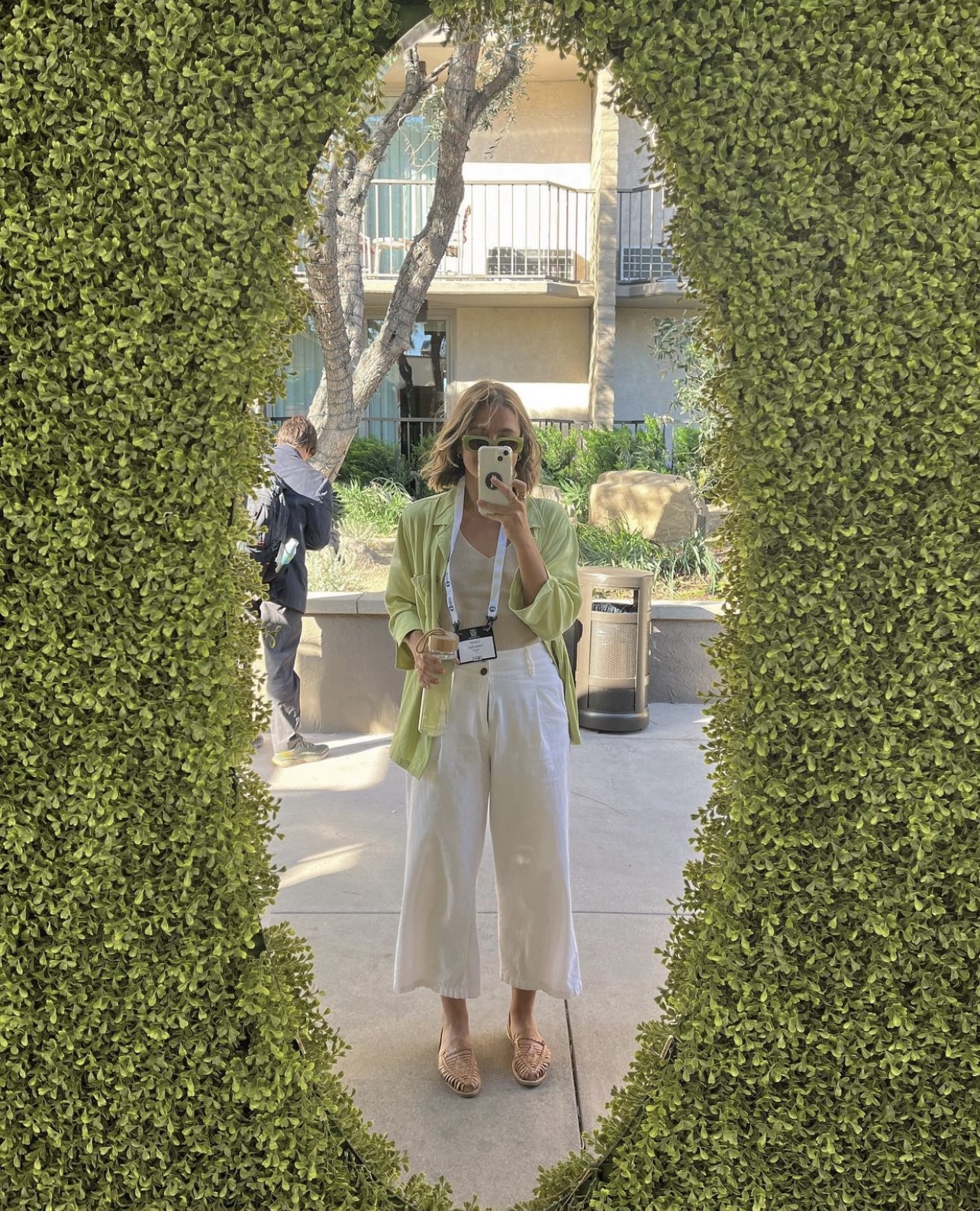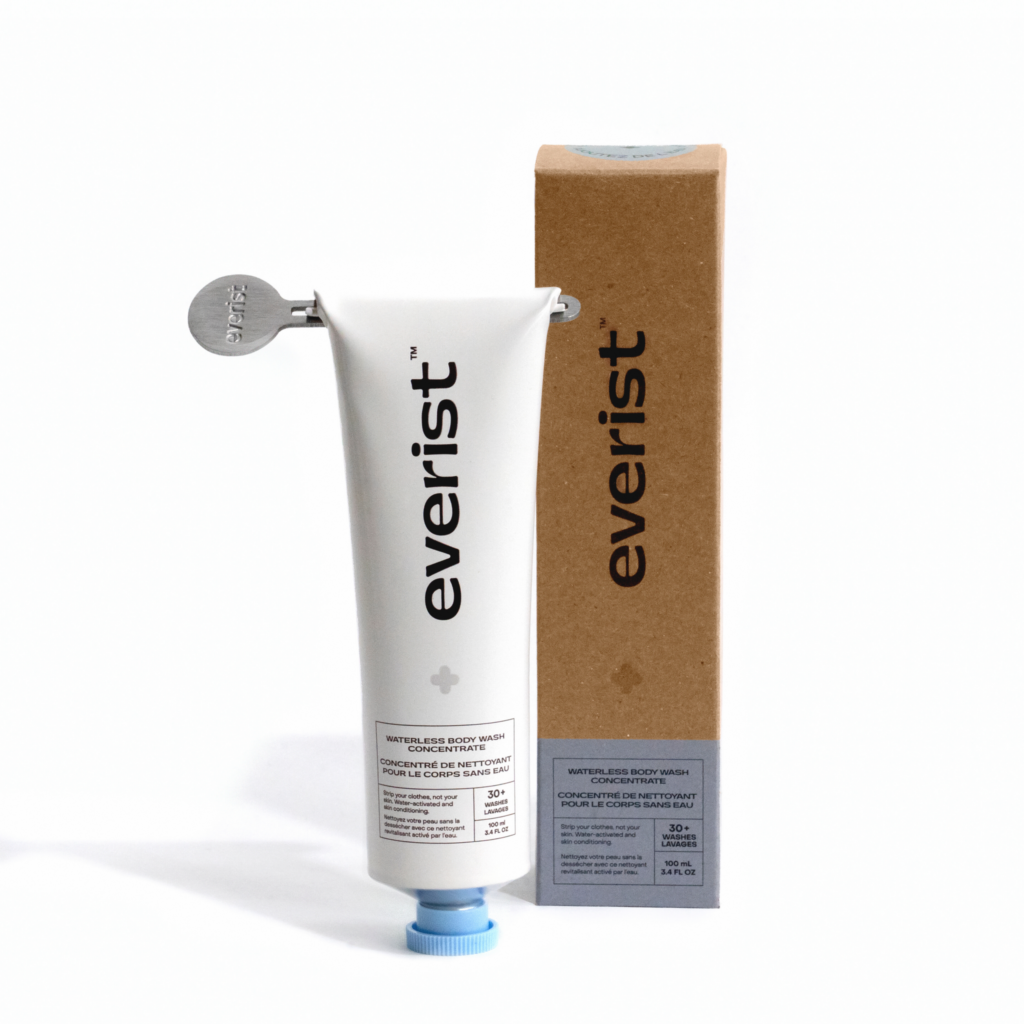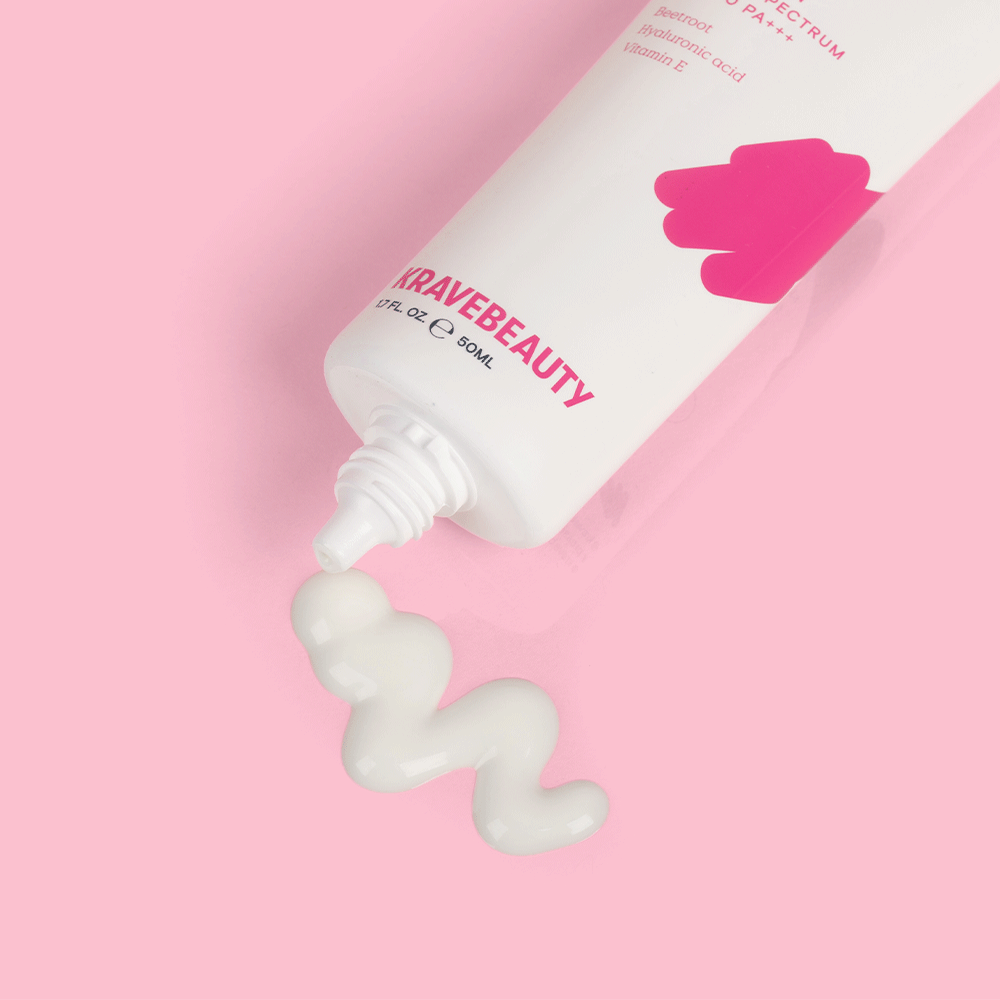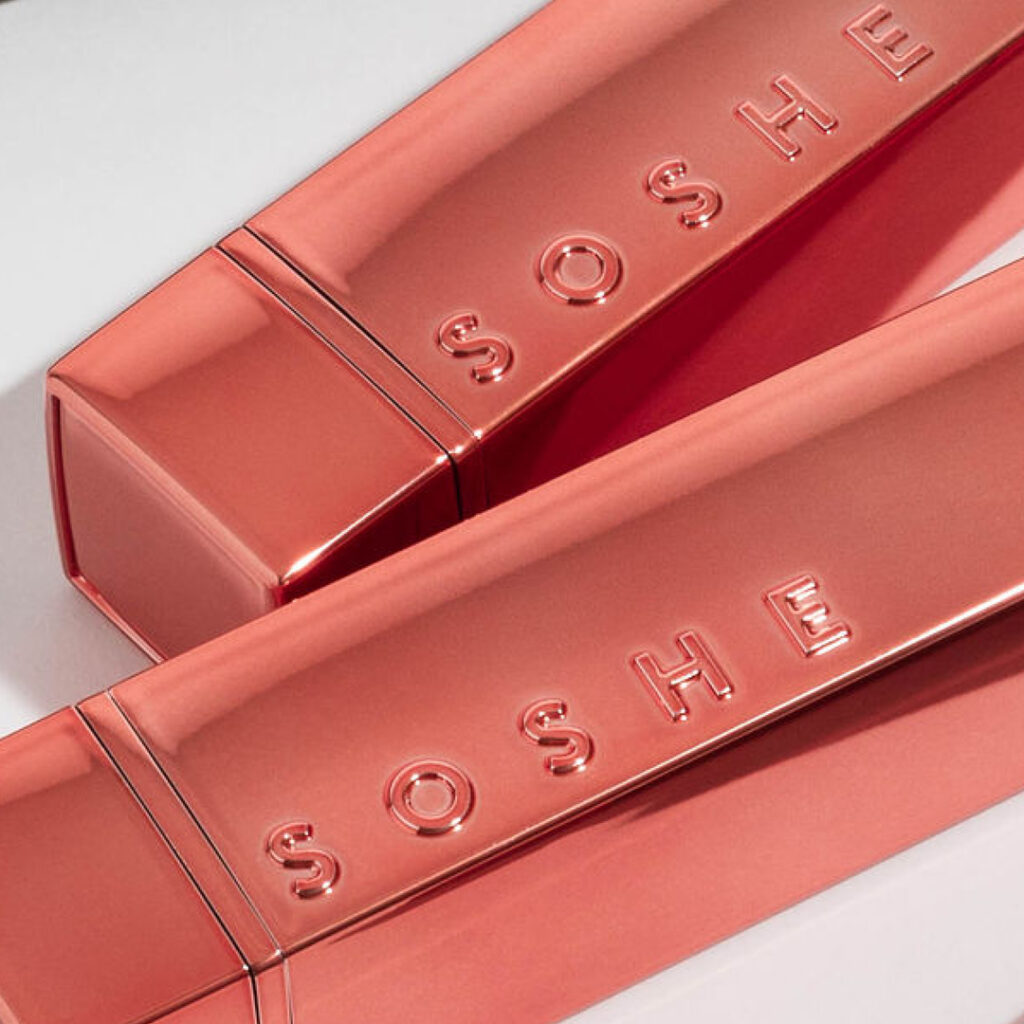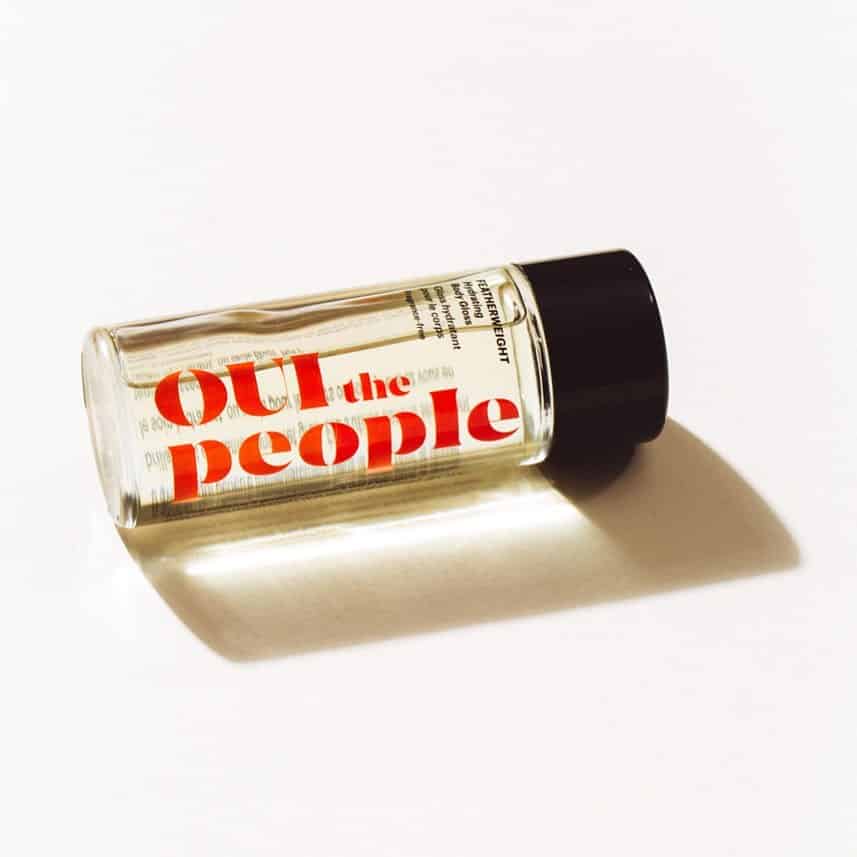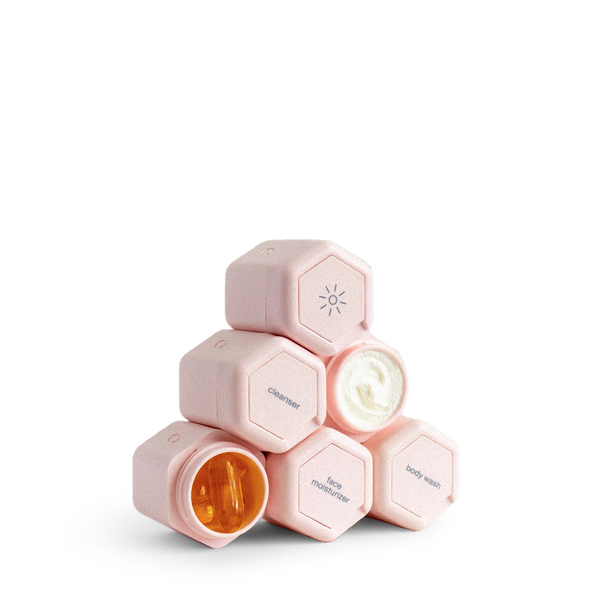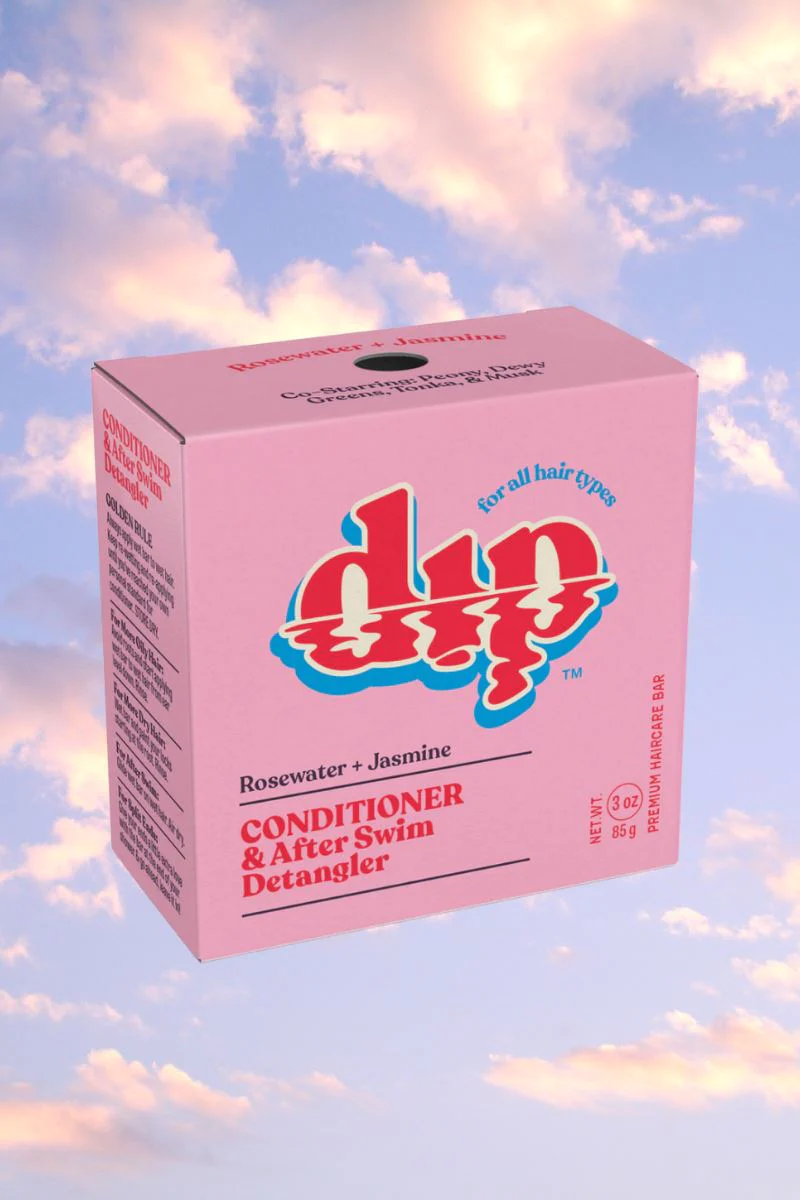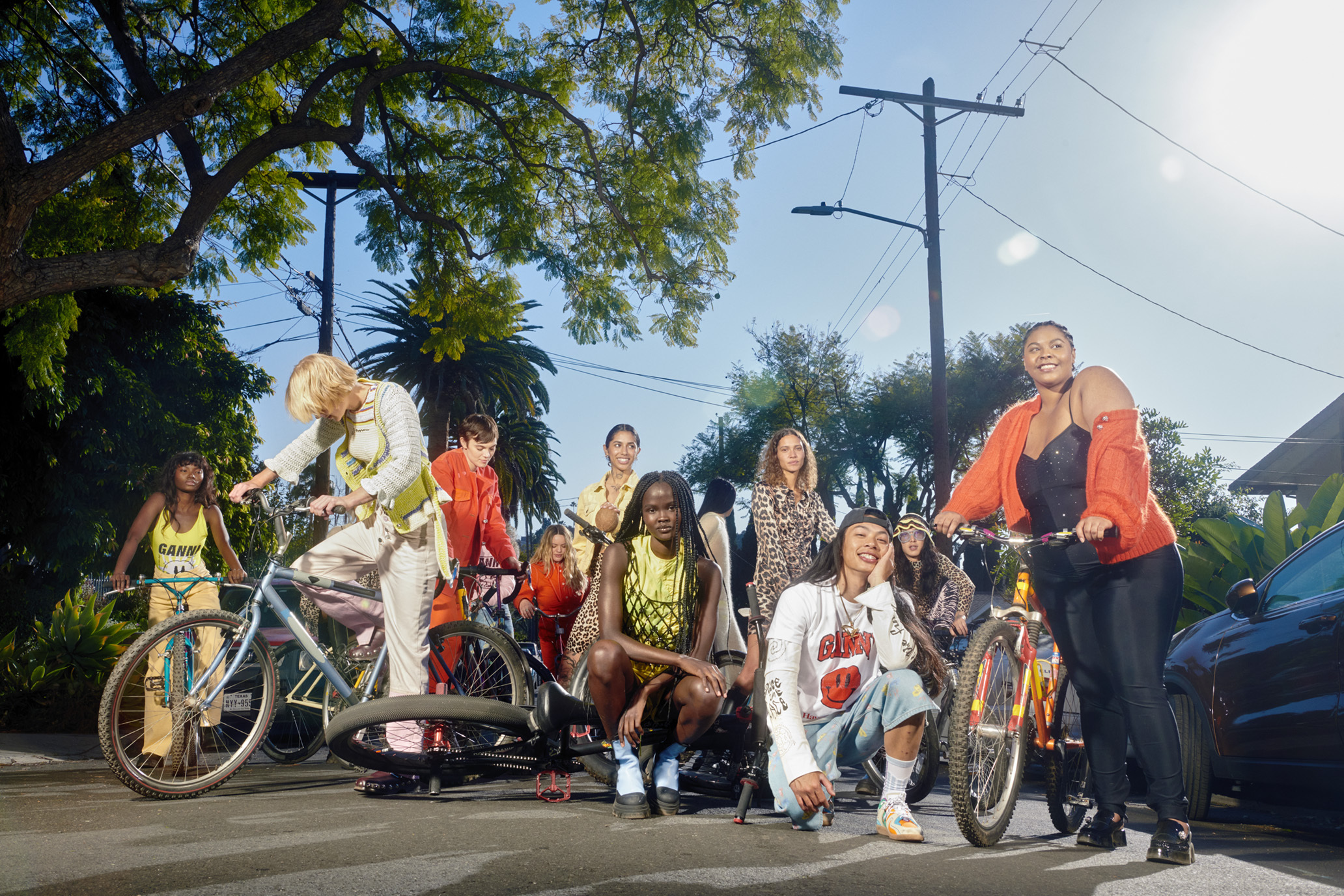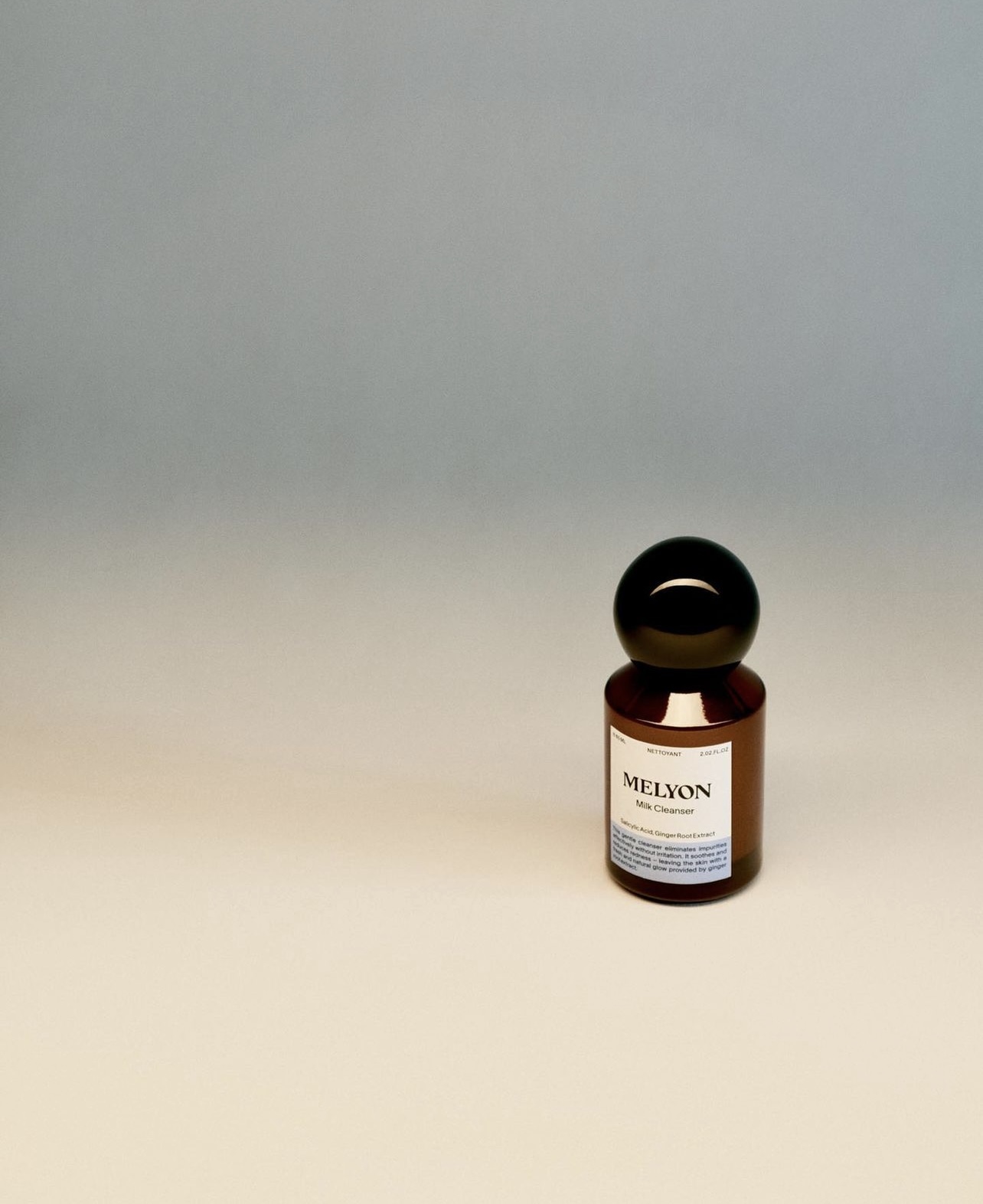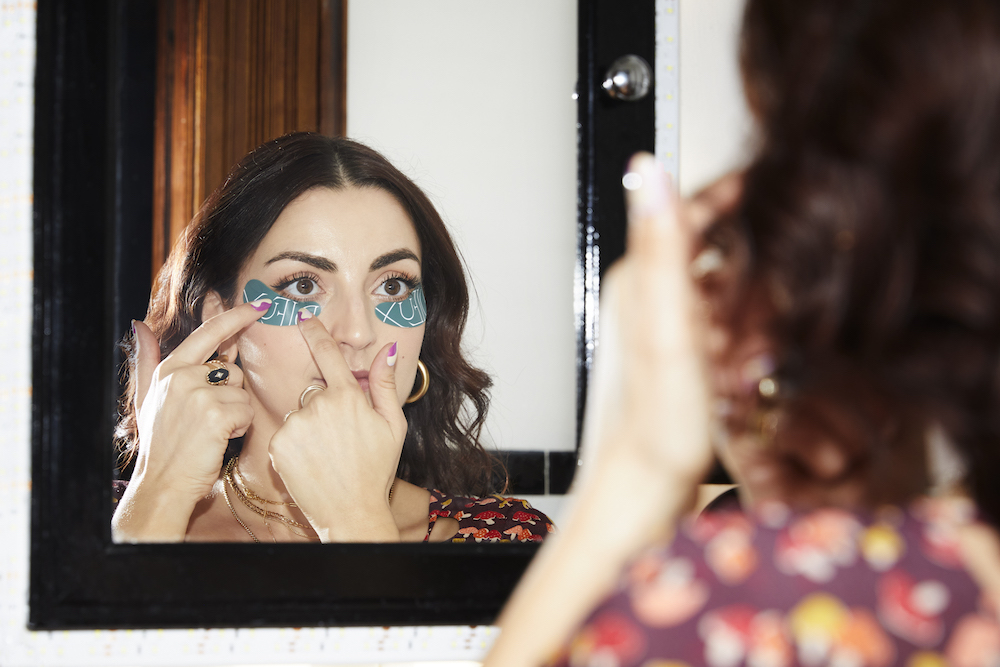the unwash • guide
So many products and brands on the market love to make us think it’s a better buy than it actually is. Consumers have proven that they want the products they buy to reflect their values, but brands can take advantage of this through greenwashing. Greenwashing is when marketing for a product, company, or service is exaggerated to make it seem that being conscious of the environment is at the forefront, often for economic gain. As consumers, we must regulate this to ensure that we buy products truly worth our money. Here are our top greenwashing red flags to keep an eye out for:
Misleading Symbols or ‘Certifications’
Awareness of standard certifications such as Leaping Bunny, 1% for the Planet, B-Corp, or Climate Neutral Certified can help consumers point out misleading credentials. Brands often use ambiguous terminology or imagery to make it seem that a specific certification has been achieved.
Use of Buzzwords
Relying heavily on buzzwords can indicate that there isn’t a whole lot to back up a brand’s claims. Check out our buzzword breakdown to better understand what some of these terms really mean.
Deceptive Packaging
When you see brandings that look seemingly earth-friendly, such as brown packaging, heavy use of natural aspects, or greenery, it is a common cue that it’s time to find something else.
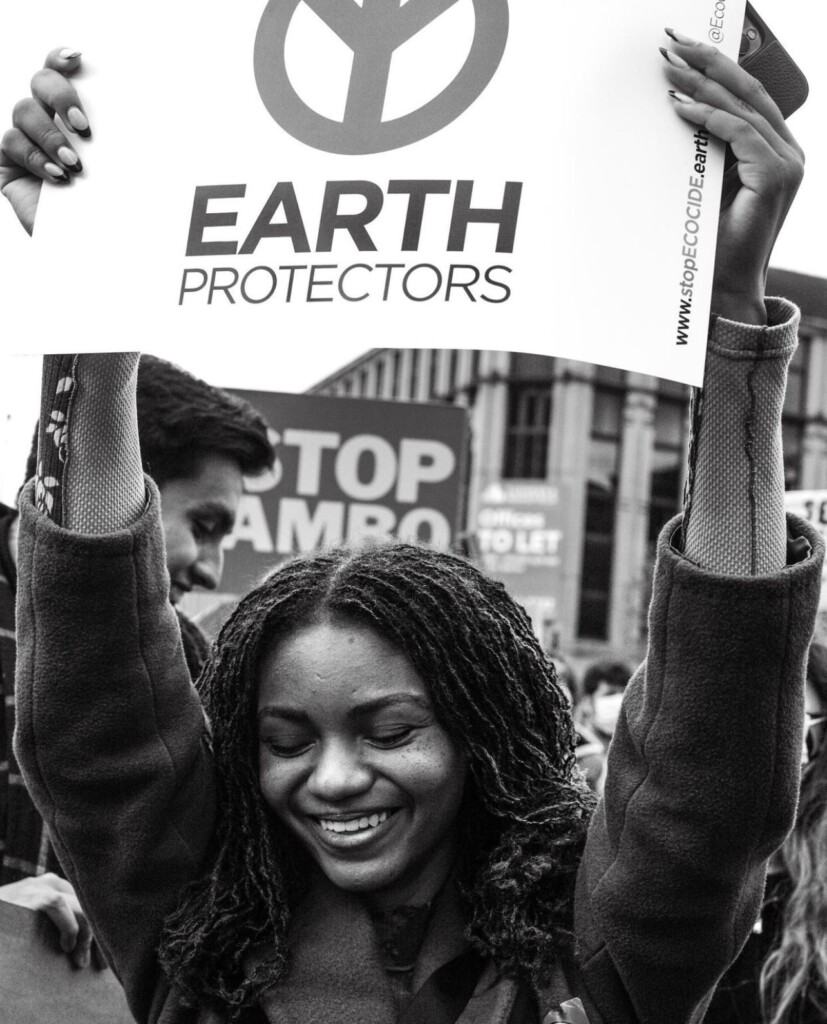
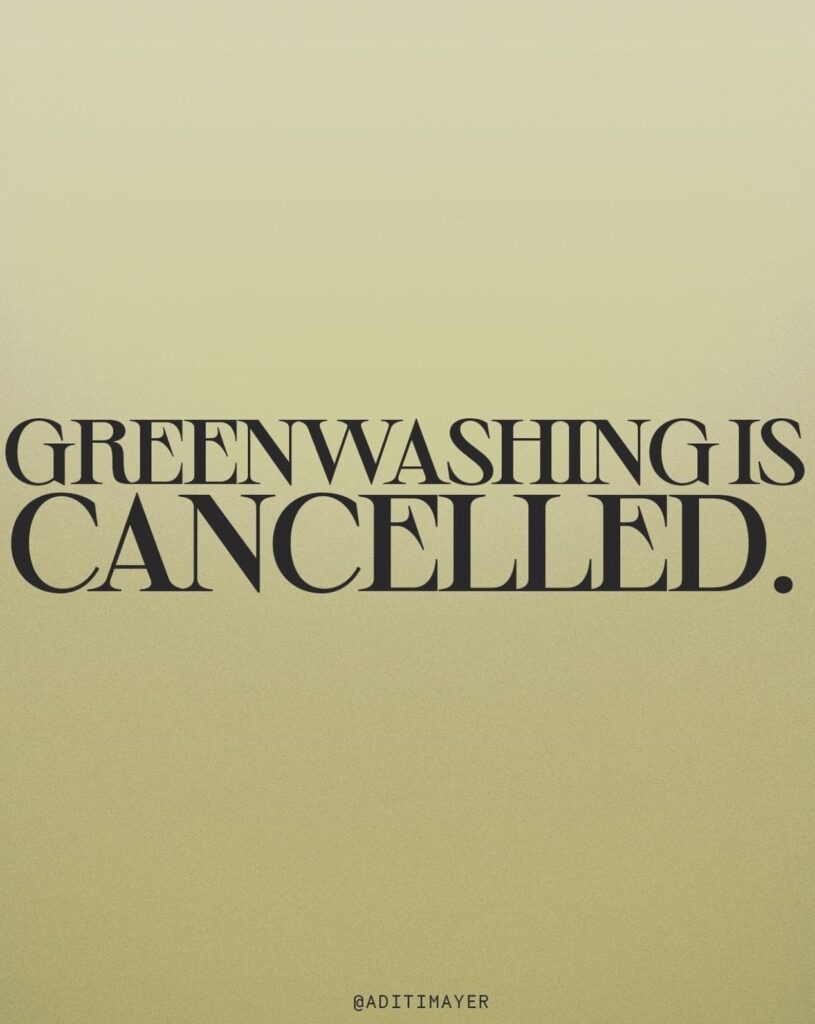
Look at the Company as a Whole
If you’re strolling the aisles of a store and see a product that looks great – go check out the rest of their range in the store. Many brands put out ‘eco-friendly’ lines but neglect to do anything about the rest of their products. A supposedly more earth-conscious product from a brand that does not follow that principle for any other product is a clear sign of a marketing gimmick.
Minimal Transparency
Whether on the packaging or the brands’ website, if they gloss over their sustainability goals and initiatives, that’s a pretty quick way to know that they’re all talk. If the brand gives some outline of its sustainability plan but has no data to back up its claims, it is a red flag. We love it when brands offer quarterly or yearly reports on their process, disclose annual goals, or provide regular updates on how they are living up to the standards they’ve set for themselves.
Going the Extra Mile
When deciding on trying a new brand, you can go the extra mile by diving into the company culture as a whole. Is the brand shelling out dollars to corporations that don’t have Earth-focused values? What does the company leadership look like? Are they practicing what their marketing is preaching? Going beyond the red flags and looking deeper into a company can give you a better picture of what brands are worthy of your support.
Greenwashing is just the beginning. Shopping ethically isn’t a trend, and consumers want to purchase products from companies doing much more than just being sustainable. Keeping your wits about you when shopping is key to being a conscious consumer because many companies want to convince buyers that they are doing good and putting their money where their mouth is, but in reality, they’re not. We believe in taking a holistic approach to consumerism and looking at the big picture – greenwashing and all.

01
Back Beat Co.
Back Beat Co. is a “people, planet and then profit” brand that gives a $$$$ about you and the planet. The brand focuses on ensuring its consumers are doing more than just shopping sustainably and has created a community through its clean-ups and donation drives. Inspired by a laid-back lifestyle, Back Beat Co. is a slow fashion brand for every day, yearlong wear. Back Beat Co. is doing more than just creating sustainable clothing but is ensuring that every step in the process supports conscious consumerism.
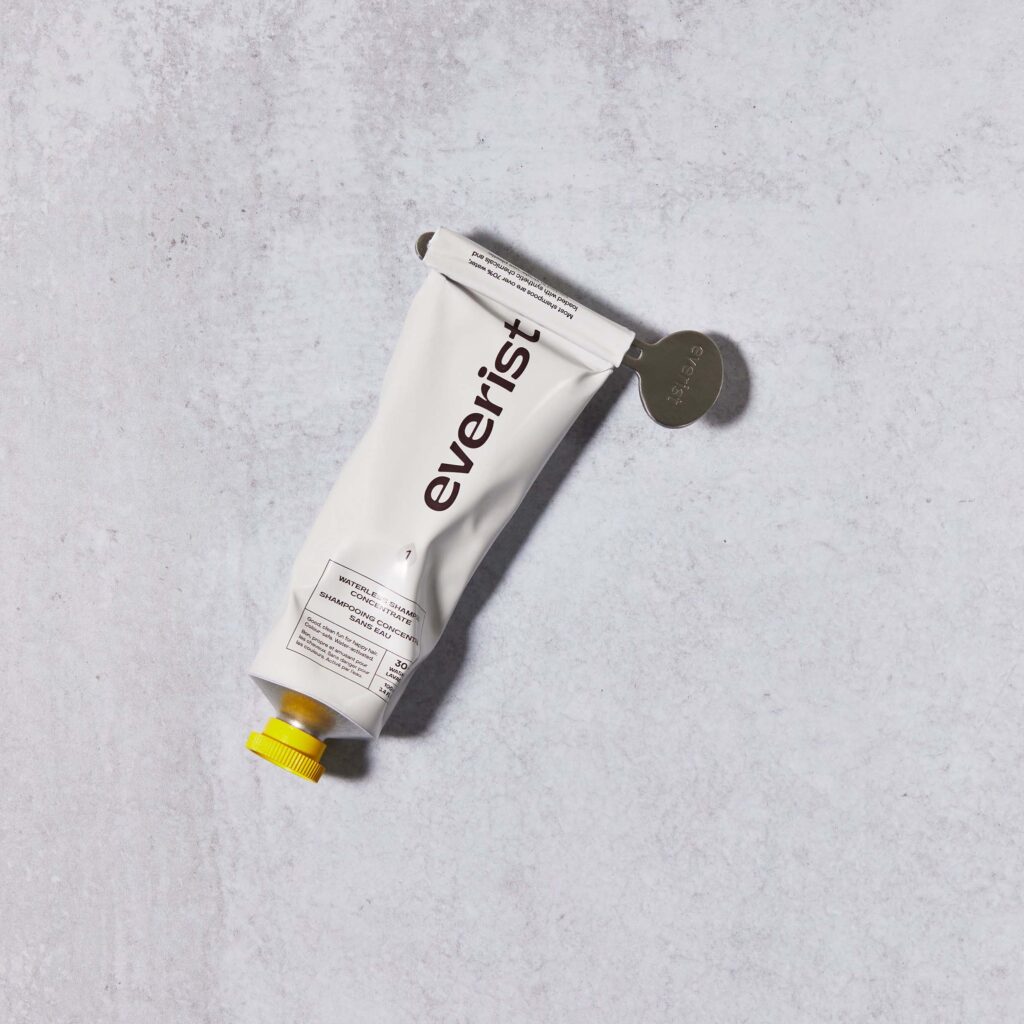
02
Everist
Everist uses ingredients that naturally break down over time and do not pollute water systems. Their shipping cartons and mailers are recyclable or compostable, and they offer a buyback program for the cap of the product to be upcycled for future Everist products. Everist gives you a traditional shampoo and conditioner feel without additional waste. These concentrates are revolutionizing a notably wasteful industry and are a force for positive change.
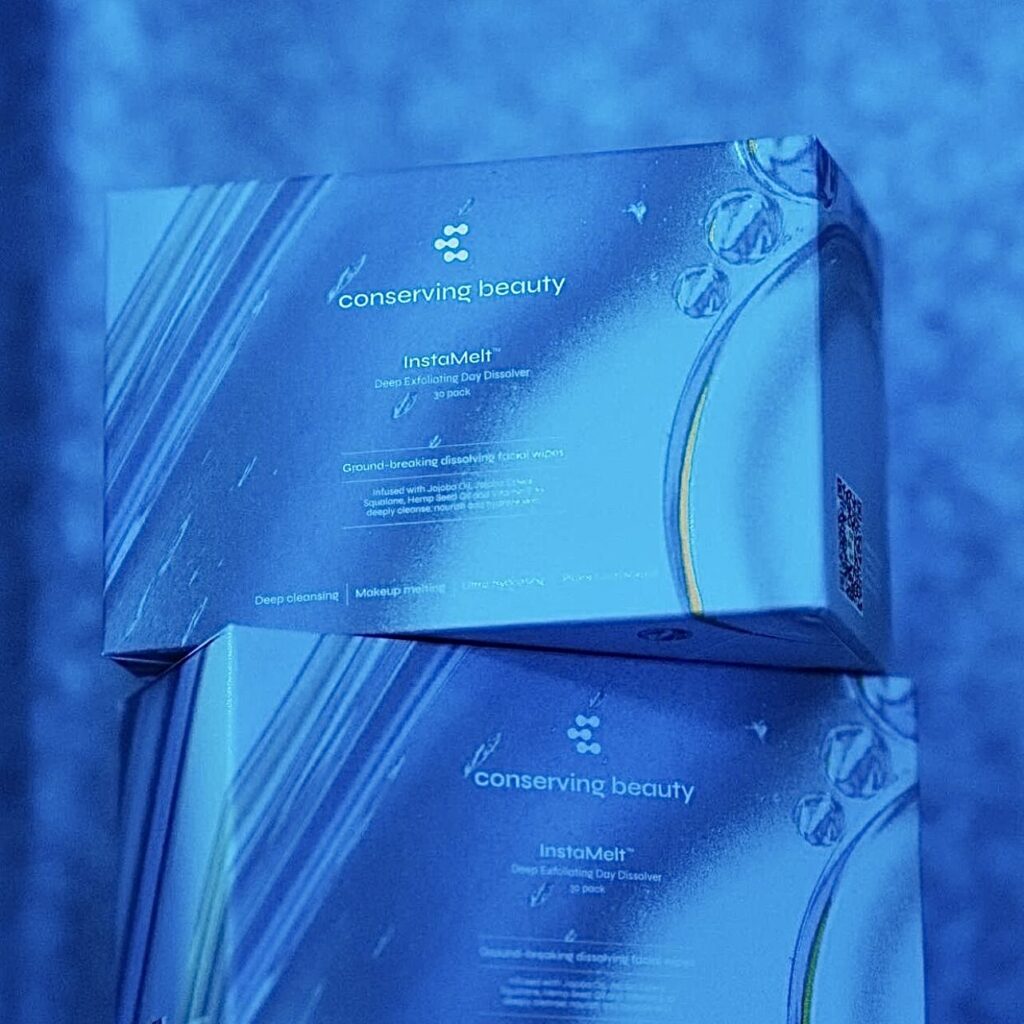
03
Conserving Beauty
Conserving Beauty has created the first ever dissolvable makeup wipe – InstaMelt. There are times when cleansing balms and oils aren’t as functional as we’d like them to be, such as when traveling or going to the gym. Wipes are convenient and easy to pack away, except that wipes are typically made of 90% plastic and end up in a landfill. The founder of Conserving Beauty, Natassia Nicolao, is changing this for good.
